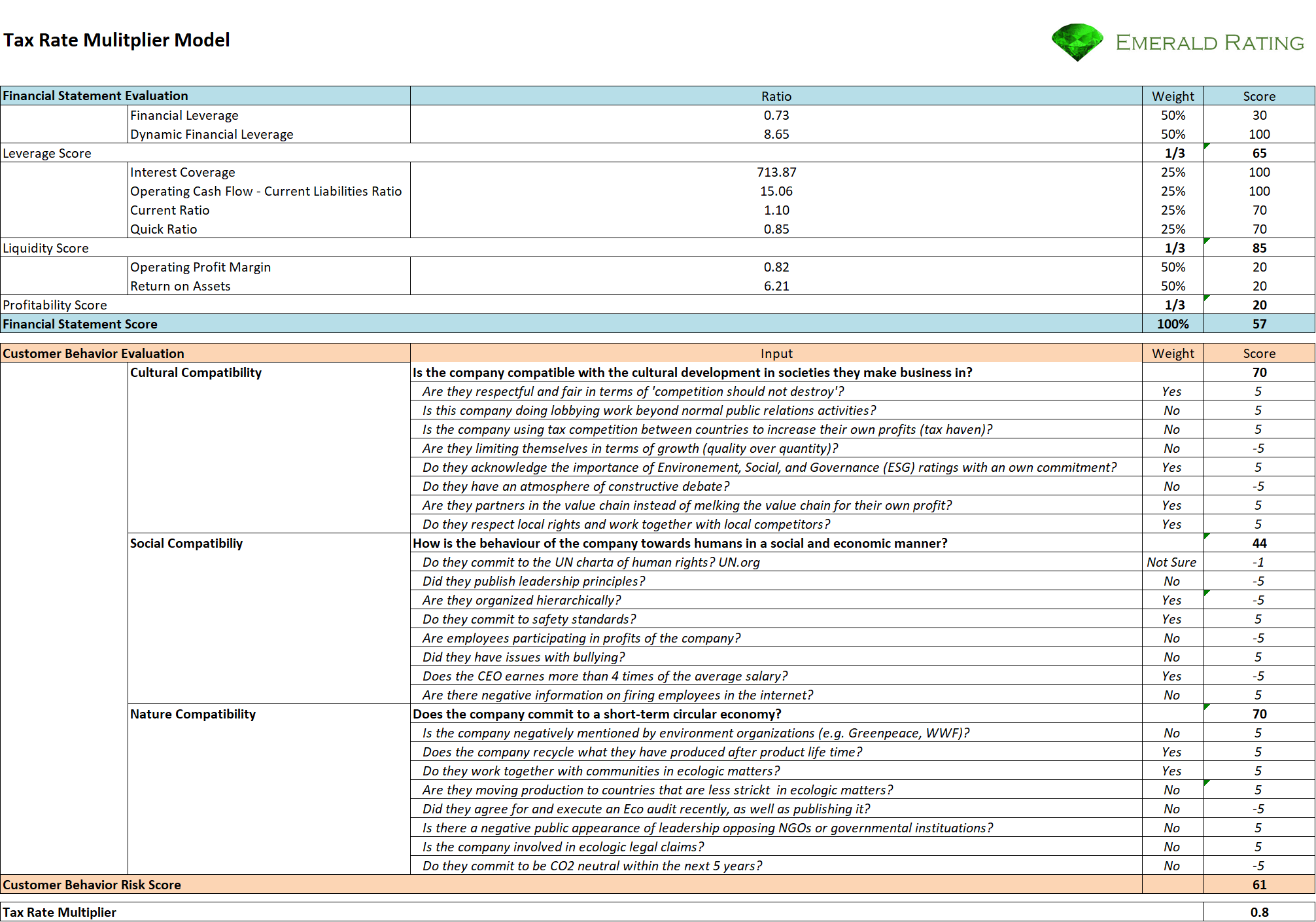The coronavirus is a global shock clearly. Especially a shock for families, who lose members. A shock to our societies in being forced to emergency modes with not knowing when a vaccine or medicine will be available. But, it is a chance for us to discover new ways, maybe ways that help us to step ahead of our routine that we have been in for too long.
Remember the constant battles about climate change, leaders that are selfish and not watching the big picture for doing right decisions for our global community. Globalization received a negative touch because of what we have done with it. Let’s change and use what makes us humans. Let’s use our ability to think and reflect.
First, viruses are as old as life on earth. They change and mutate constantly. In rare cases only, viruses come up as aggressive as Ebola or the Corona version COVID-19. But, think about it. These viruses force changes, even let species survive only, which are able to cope with the new situation. This is what Darwin described in his ‘Theory of Evolution’. Viruses are an important driver in the evolution. Most probably humans would not have been on earth without them.
Our global community grew in a way that our planet earth appears to become smaller and smaller, even being too small. We exploit this one and only planet as if we had a second one. Companies maximize short-term profits for their leaders and shareholders to receive an income that they will never be able to spend in their entire life. This even gets boosted with expectations and speculations of future profits at stock exchanges.
We must focus on more important values and prevent greed and jealousy. We need to change rules and incentivize people’s behavior in a way that we step ahead of what we have been before Corona times.
This must start with new structures. As more the gap between poor and rich increases, as more these systems will tend to collapse. This is true for financial markets and also for the Corona pandemia. We need to put incentives in place to route behavior without racism and ignorance.
Most of us commute to work many miles every day. But we have the technology on hand to work from home if we don’t require to be at work physically. In this case technology is well ahead to leadership’s mindset in many companies or institutions. Not showing up at work physically requires building trust and measuring success in different ways. In other words, the leader is challenged to adopt the new situation. There is a side effect, we will be able to reduce our energy consumption to commute by more than 50%. Now we are back to our discussion about climate change. Wasn’t it easy to find a solution? Did we need a coronavirus for it?
Another example, if you have a house and put solar cells on it, you are able to produce 10,000 kWh per year with the existing technology today. If a family of 4 consumes 4,000 kWh for daily use, a heat-pump another 4,000 kWh, and 2,000 kWh for an electric car driving 15,000 km, then you have reduced your running cost by more than 80%. Including a battery in the house for buffering dark hours, the price is 25,000 USD after tax plus another 20,000 USD for an electric car. If you could choose between this scenario, or buying an SUV for the same price, what would you do?
Above examples are just indicators of where we are today? What if we would have a tax system in place that rewards companies, which avoid Environmental, Social, and Governance damages, and prevent negative impact to others? What if the same system is able to penalize other companies that cause Environmental, Social, and Governance damages?
The idea is to use current tax systems and combine them with a tax rate multiplier. In other words a scoring system that leads to higher taxes for low rated companies and lower tax rates for high rated companies. It is an incentive in a way that if a company ensures to prevent negative effects to others, it pays less taxes and therefore has a better cost position and thus being more competitive. In turn the costs for the state is lower and average tax decrease, which makes the country more competitive between international tax systems. If all countries apply similar rules, behavior will change in the right way and we even will go down a balanced path of keeping our planet in good conditions for handing it over to our children.
In addition to the above, we need a global tax authority that taxes speculations at the stock markets by at least 50% for profits that result from buying and selling within one year. This is to prevent speculative bubbles.
Below picture outlines a tax rate multiplier model. This is how it works. Tax officers enter financial statement information (balance sheet, profit & loss statement) into the model (this should be automated). Further, questions regarding Environmental, Social, and Governance matters are answered. This requires some research work but can be combined with ESG ratings.
The output is a scorecard that evaluates the financial statement on one side, and customer behavior on the other side. If the financial statement shows
- Low financial leverage the rating is favorable,
- High liquidity the rating is favorable, and
- Positive profits the rating is favorable, but descending with increased profitability.
For the wealth of nations, it is critical that we keep profits low by creating cost in hiring people or investing in research and development, for instance. This in turn increases income tax of individuals, which is a favorable effect for tax authorities.
Answers of the Environmental, Social, and Governance questions receive a +5 for favorable answers, a -5 for unfavorable answers, and a -1 for neutral answers. Doing nothing is disqualifying is well. The company behavior rating starts at the neutral point of 50 and can increase to a 90 if most favorably answered, or 10 if unfavorably answered in all areas.
Both the financial statement rating and the company behavior rating are combined in one tax rate multiplier. It multiplies the calculated tax with the outcome of the rating. It can double tax or cut in half, or something in between.
Author: Danny kaltenborn, Date: March 29, 2020



